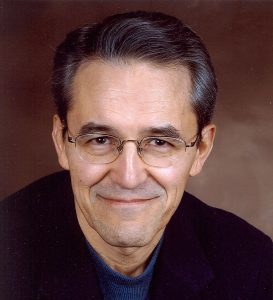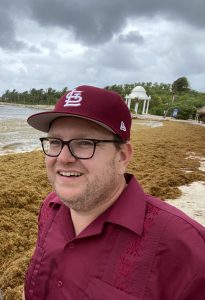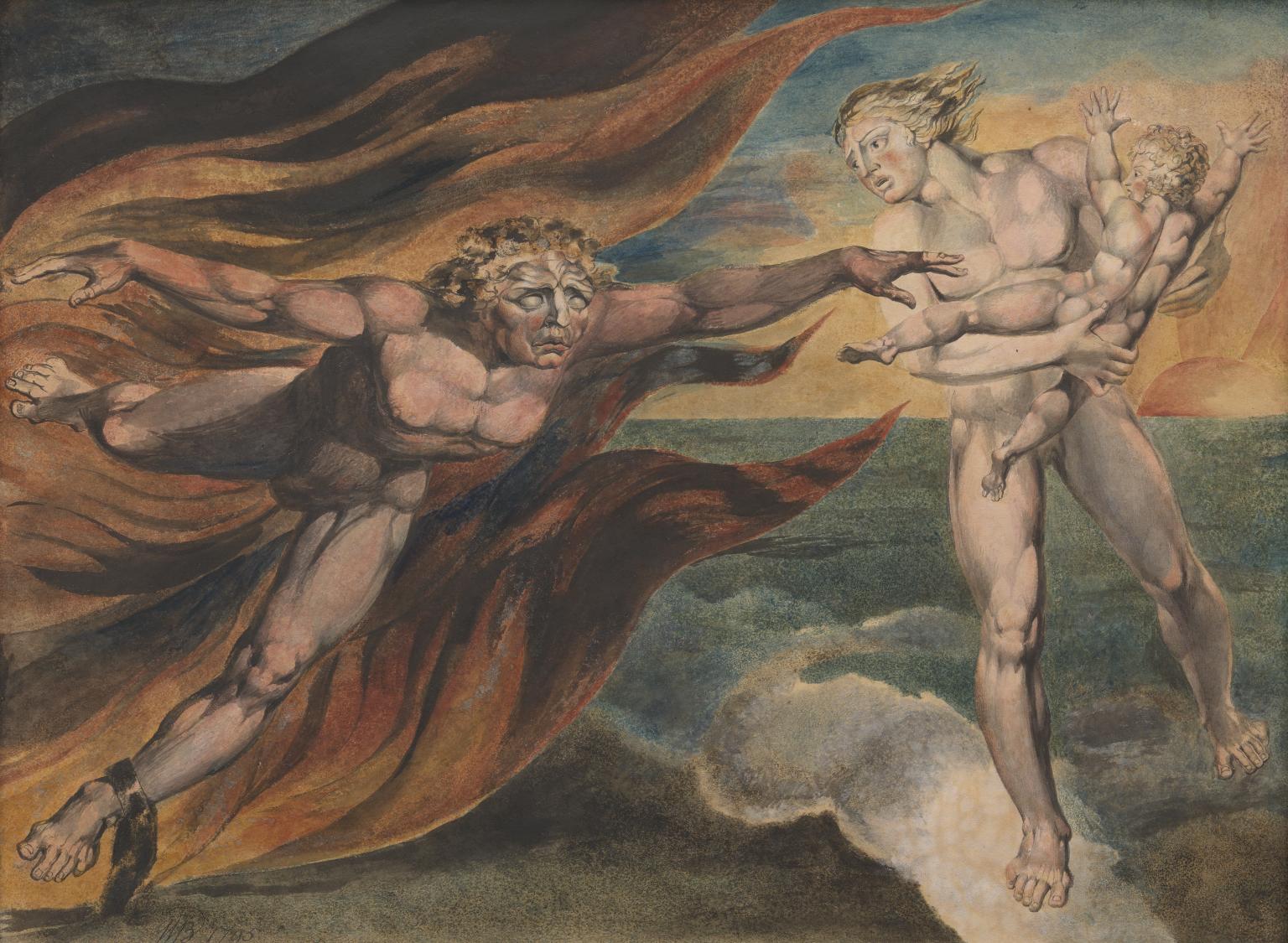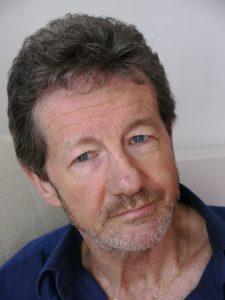Event details
Date: August 23-25, 2023
Location: PThU Filmzaal (1E24), Vrije Universiteit Amsterdam, De Boelelaan 1105, 1081 HV Amsterdam
Registration: Please register for the seminar here. Registration closes on August 21. Space is limited so please register as soon as possible.
Costs: The fee for the seminar is 50 euros for (PhD-)students and 100 euros for others.
This fee includes lunches and dinners and some surprise social activities in the beautiful old city of Amsterdam.
Description
The Abraham Kuyper Center is pleased to organize a Summer Seminar on the Philosophy of the Humanities from 23-25 August, 2023 at the Vrije Universiteit in Amsterdam. This seminar has a dual nature: it will consist of a mix of discussions about an upcoming book and presentations by scholars working within the Philosophy of the Humanities.
Stephen Grimm, Rik Peels, and Rene van Woudenberg are jointly writing a book tentatively called A Philosophy of the Humanities, to be published by Oxford University Press. During the seminar, both philosophers as well as humanities scholars will comment on a draft/concept chapters for this publication. The same speakers will also give a more regular talk on a theme within their philosophical expertise that fits the broad umbrella of “Philosophy of the Humanities”.
The seminar is part of a project on “Epistemic Progress in the University”, a sub-part of which is devoted to epistemic progress in the Humanities. The project is sponsored by the Templeton World Charity Organization.
Programme
See here for the preliminary programme.
Format
The seminar will be held on location in Amsterdam at the Vrije Universiteit Amsterdam. It is possible to attend the seminar through live streaming. The talks of the speakers will be recorded (not the discussions) and posted on our website shortly after the seminar.
Keynote Speakers
Ernest Sosa (Rutgers University): Methodology and Internalism Under a Dawning Light

Philosophy is part of the humanities, but its main subject matter does not concern human texts or art works in various media, nor even historical accounts of human doings. Its main subject matter concerns abstract questions about what sorts of being we are, about how in general we relate to the world beyond us, and about how we should live individually and in community, and of our scope for free, responsible choices and actions. This lecture will concern a widely held, general philosophical view about the scope and limits of human knowledge and rational belief, including knowledgeable or rationally held answers to such philosophical questions. The lecture will thus itself have the general, abstract character proper to philosophical thought. But it will be accessible to anyone who understands plain English, with no required technical or specialized background.
Born in Cuba, Ernest Sosa immigrated to the USA as a teenager. After gaining his BA from the University of Miami and his PhD from the University of Pittsburgh, he has taught at Brown University, and then at Rutgers, each for decades. During that time he has had numerous dissertation students who have attained distinction. He was President of the American Philosophical Association (APA, Eastern), and was elected to the American Academy of Arts and Sciences. In 1980 he inaugurated the virtue-theoretic approach in epistemology, which he has developed through a half-dozen books, many published articles, and replies in many author-critic sessions and books. He has given several distinguished lectures, including the Locke and the Carus lectures, and has received several prizes. The APA has established a prize lectureship and a fellowship in his honor for excellence in epistemology.
Stefan Collini (Cambridge University): Beauty and the footnote: the place of “literature” as an academic discipline
In the course of the nineteenth and twentieth centuries, universities expanded to include a wide range of what came to be regarded as academic ‘disciplines’. The study of literature was eventually to become one of the biggest and most popular of these subjects, yet it was in some ways an awkward fit: not obviously susceptible to the ‘scientific’ treatment considered the hallmark of a scholarly discipline, it aroused a kind of existential commitment in many of those who taught and studied it. This lecture explores some of the ways in which these tensions worked themselves out in the last two hundred years, focusing on the peculiar prominence, but also instability, of high-toned justifications offered for this form of study. In so doing, it touches on larger questions about the changing character of universities, the peculiar cultural standing of ‘literature’, and the conflicting social expectations that societies have entertained towards higher education and specialized scholarship.
Stefan Collini is Professor Emeritus of Intellectual History and English Literature at Cambridge University, and a Fellow of the British Academy. He is the author of, among other books, Public Moralists (1991), Matthew Arnold: a Critical Portrait (1994), English Pasts: Essays in History and Culture(1999), Absent Minds: Intellectuals in Britain(2006), Common Reading: Critics, Historians, Publics (2008), and Common Writing: Literary Culture and Public Debate (2016), The Nostalgic Imagination (2019), as well as a frequent contributor to The London Review of Books, The Times Literary Supplement, The Guardian, The Nation, and other publications. His 2012 book What Are Universities For?and its sequel Speaking of Universities (2017), have become major points of reference in international debates about higher education.
Allan Hazlett (Washington University in St. Louis): The Priority of Factual Questions

“How” questions are a big part of humanistic inquiry. I defend what I call the priority of factual questions, on which you ought to ask how p only if you know that p. For example, you ought to ask how Cortez conquered the Olmecs only if you know that Cortez conquered the Olmecs. I defend the priority of factual questions by appeal to another principle, which I call the factual knowledge requirement, on which you know how p only if you know that p. This is relatively clear in cases of falsehood: you cannot know how Biden lost the 2020 election, because he did not lose. I argue that this is also true in cases of unknown truths: you cannot know how you will lose the lottery, because you do not know that you will lose. There are cases in which you assume or suppose that p, and go on to ask how p, but I argue that in these cases your question is more perspicuously rendered as a conditional question, the question of how p, if p. The priority of factual questions has implications for the objectivity of humanistic inquiry, because (as I argue) “how” questions (at least in the humanities) are subject to a kind of subjectivity, a kind to which factual questions are not subject.
Allan Hazlett is Associate Professor of Philosophy at Washington University in St. Louis. He has worked on several issues in the theory of knowledge, social and political epistemology, and metaethics, and teaches courses in these areas and in the philosophy of art. He is the author of A Luxury of the Understanding: On the Value of True Belief(Oxford University Press, 2013), A Critical Introduction to Skepticism(Bloomsbury, 2014), and The Epistemology of Desire and the Problem of Nihilism(Oxford University Press, forthcoming).
Eleonore Stump (Saint Louis University): Mind-reading and the Knowledge of Persons
In recent years, the subject of mind-reading and the knowledge of persons has come to be a topic of great interest to philosophers, at least partly because of the growing literature in psychology and neurobiology on autistic children and normal child development, which has sparked a corresponding literature in philosophy of mind. In this lecture, I explain some of the recent scientific work to show something about the brain systems currently supposed to underlie mind-reading and the knowledge of persons. We have come to understand that the mind has cognitive capacities specialized for knowing the thoughts, intentions, and feelings of other persons and for empathizing with them. These capacities are sui-generis and emerge from the working together of a number of brain systems specialized for the recognition of the mental states of other persons. When they are functioning properly in the environment in which they were designed to function, they yield knowledge. Such knowledge is essential to the typical cognitive development of infants, to social interaction among human beings, and to the appropriation of fiction. They are also central to some standard cases of the transmission of knowledge through testimony. Science, literature, and epistemology are inextricably woven together here.
Eleonore Stump is the Robert J. Henle Professor of Philosophy at Saint Louis University. She is also Honorary Professor at Wuhan University, the Logos Institute and School of Divinity at St. Andrews, and York University; and she is a Professorial Fellow at Australian Catholic University. She has published extensively in philosophy of religion, contemporary metaphysics, and medieval philosophy. Her books include Aquinas (2003), Wandering in Darkness: Narrative and the Problem of Suffering (2010), Atonement (2018), and The Image of God: The Problem of Evil and the Problem of Mourning (2022). She has given the Gifford Lectures (Aberdeen, 2003), the Wilde lectures (Oxford, 2006), the Stewart lectures (Princeton, 2009), and the Stanton lectures (Cambridge, 2018). In 2021, she was given the award of Johanna Quandt Young Academy Distinguished Senior Scientist by the Goethe University (Frankfurt, Germany). She is past president of the Society of Christian Philosophers, Philosophers in Jesuit Education, the American Catholic Philosophical Association, and the American Philosophical Association, Central Division; and she is a member of the American Academy of Arts and Sciences.
Book Synopses
René van Woudenberg (VU University)
Stephen Grimm (Fordham University, New York)
Rik Peels (VU University)
Other Speakers
Christoph Jäger (Humboldt-University) – Epistemology, Philosophy of Religion.
“Epistemic Authority, Preemptive Reasons, and Understanding” in Episteme 13 (2016) Gijsbert van den Brink (VU University) – Philosophy of Religion, Philosophy of Science. “The Future of Theology at Public Universities” in die Skrifling 54 (2020)
Hennie van der Vliet (VU University) – Linguistics, Dutch Linguistics. “Terminologie in de lage landen: de stand van zaken” in Nederlands van Nu 116 (2012)
Chiel van den Akker (VU University) – Historical Theory, Philosophy of History. The Modern Idea of History and its Value: An Introduction (2020)
Diederik Oostdijk (VU University) – English and American Literature, Poetry. Bells for America: The Cold War, Modernism, and The Netherlands Carillon in Arlington (2019)
Wout Bisschop (DDA) – Textual Interpretation, Hermeneutics. The Epistemology of Textual Interpretation: A Study in Analytical Hermeneutics (2021)
Organising committee
Stephen Grimm, Professor of Philosophy at Fordham University in New York
Rik Peels, Associate Professor in Philosophy and Religion & Theology, Vrije Universiteit Amsterdam
René van Woudenberg, Professor of Philosophy, Vrije Universiteit Amsterdam
Daniël Muller, Project Manager at Abraham Kuyper Center, Vrije Universiteit Amsterdam
Marian Brand, Student Assistant at Abraham Kuyper Center, Vrije Universiteit Amsterdam
Joshua Gualtieri, Student Assistant at Abraham Kuyper Center, Vrije Universiteit Amsterdam
Cancellation policy
In case Covid restrictions make it necessary to switch to an online only format, full reimbursements of the tickets will be issued. Cancellation for any other reason is possible until August 15, minus administration costs (max. 11 euros).
Privacy policy
Find our privacy policy here.
Contact
For questions or more information, please contact:
Daniel Muller, Project Manager at Abraham Kuyper Center for Science and the Big Questions, Vrije Universiteit Amsterdam
@: d.muller2@vu.nl




